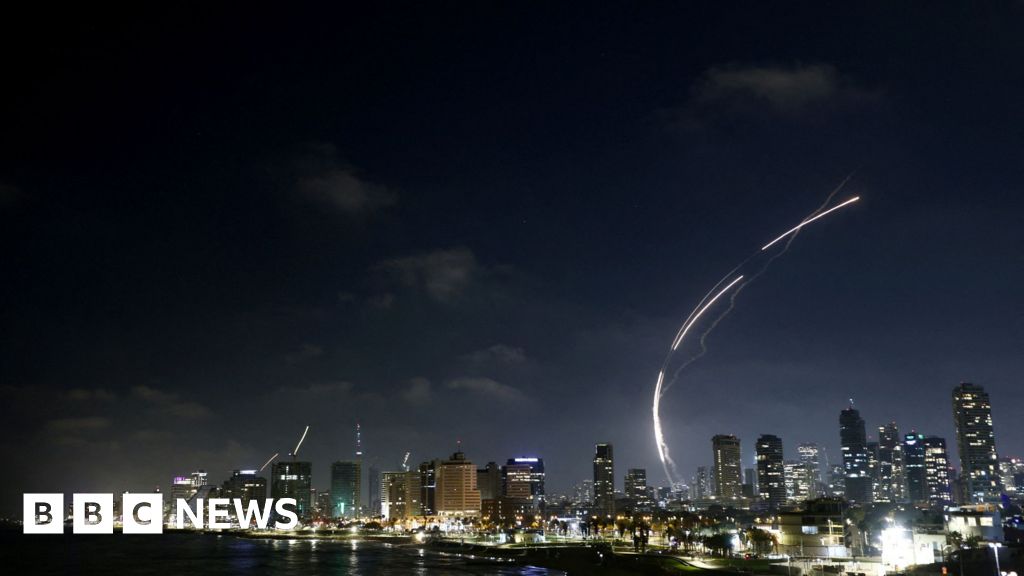Defense Secretary Pete Hegseth has become more paranoid, fearful and angry in the wake of the so-called ”Signal-gate” scandal that saw the editor-in-chief of The Atlantic included on a chat platform conversation with top national security officials as a drone strike was underway against Houthi rebels in Yemen, a new report reveals.
Six people told New York magazine that Hegseth was noticeably changed by the ordeal.
They said he seemed angrier, did not bother to shave as often and seemed afraid to make the wrong decision after Signal-gate.
One source said that the Pentagon seemed to stop being “creative.” Another source said the scandal was “consuming his whole life” at a time “when he should have been focused on, you know, our national security.”
Hegseth also began to regularly have his personal lawyer, Tim Parlatore, and his wife, Jennifer, around, which confused foreign officials.

In addition, other news outlets reported that Hegseth had a second group chat going with Parlatore, his wife and his brother and had set up an unsecured internet line in his office.
Word of the embarrassing potential breach of national security broke in March, when then-National Security Advisor Michael Waltz added Jeffrey Goldberg, The Atlantic’s editor-in-chief, onto a text chain on the messaging app Signal where the Trump administration’s national security team discussed striking Houthi targets in Yemen.
The scandal immediately put Hegseth--who faced a narrow confirmation in the Senate earlier this year due to his views on women in the military, reports of drinking on the job and allegations of sexual misconduct that he vehemently denied--under heavy scrutiny.
In response, Hegseth assailed Goldberg. “You’re talking about a deceitful and highly discredited so-called journalist who’s made a profession of peddling hoaxes time and time again to include the hoaxes of Russia, Russia, Russia,” he said at the time. He said that nobody texted war plans.
That led to Goldberg publishing screenshots of the full text messages, which showed that the administration officials had indeed been texting what looked like war plans.
Earlier this week, Hegseth appeared on Capitol Hill to answer questions about Trump’s deployment of Marines to quell anti-ICE riots and demonstrations in Los Angeles. He also faced aggressive questioning about the US having contingency plans to invade Greenland and Panama.
The magazine profiled Hegseth’s distress after NBC News reported the story about the plans to “reclaim” Panama and he told his chief of staff Joseph Kasper that he wanted an investigation. The Pentagon further plunged into disarray when the press reported that the Pentagon had ordered a second carrier into the Red Sea.
Hegseth defended the fact that sending troops to Los Angeles cost $134 million.
The magazine profile went into deeper detail about the dismissal of Hegseth’s allies in the Pentagon, including his advisers Dan Caldwell, Darin Selnick and Colin Carroll.
Kasper, Hegseth’s chief of staff, believed that Colin tried to get Kasper fired through a report by the Pentagon’s inspector general about Kasper’s alleged drug use.
“That’s what pisses me off the most,” Carroll said. “I don’t want a secretary of defense that can’t even f***ing fire people properly and not have it rebound back on his ass. Pete can’t even be a good villain.”
Pentagon spokesman Sean Parnell denied claims of disarray under Hegseth’s tenure.
“Claims of chaos at the Pentagon under Secretary Hegseth are false,” he said. “When members of the legacy media lie, they disrespect the brave servicemembers and civilians who selflessly serve our country.”
At the moment, Hegseth no longer has a chief of staff or deputy chief of staff.

 14 hours ago
2
14 hours ago
2









